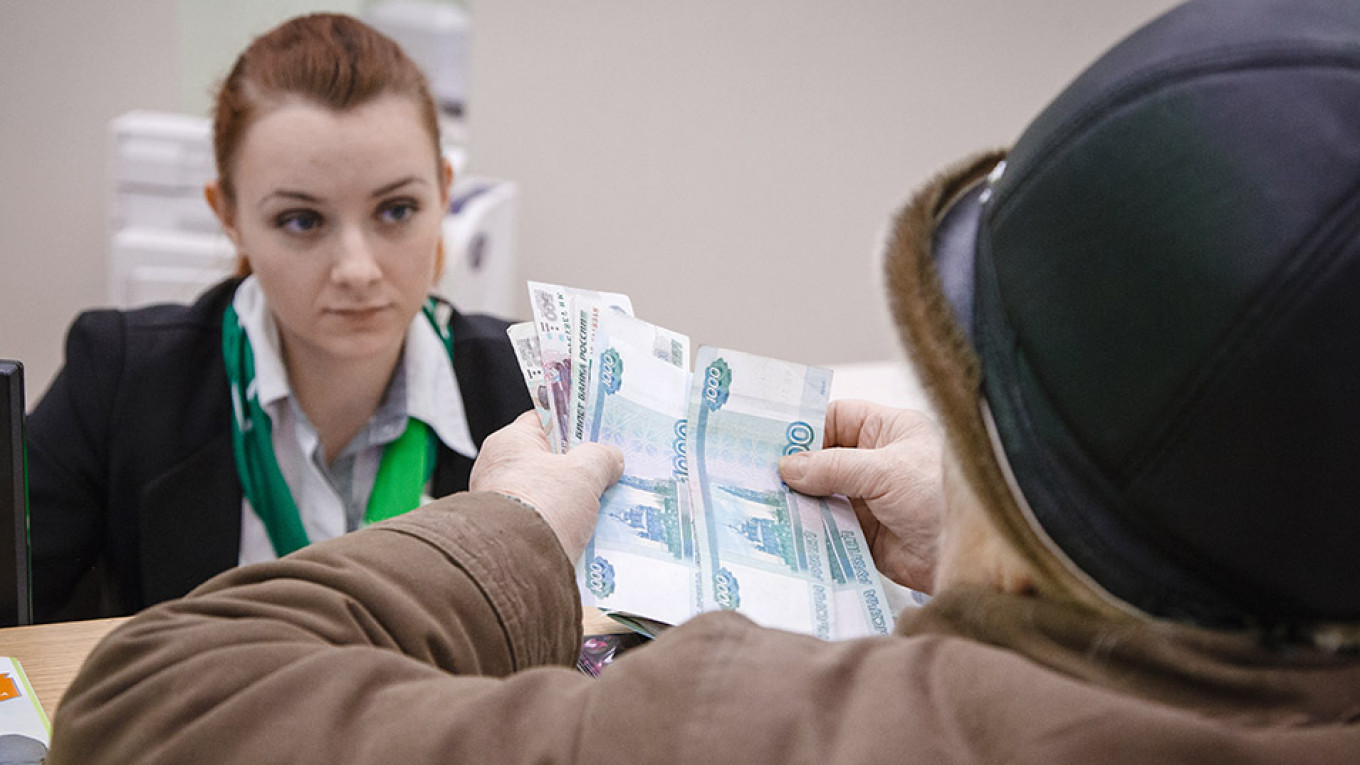
The Russian economy will fall into a recession in the next year and a half over a sharp drop in personal lending, the country’s economic minister has said.
Russians have been racking up debt due to falling or stagnating real disposable incomes, an issue that President Vladimir Putin said risks creating an economic bubble. Economists forecast subdued growth in consumer spending this year partly due to slower retail lending.
The Russian economy will fall into recession in 2021 if nothing is done and regulations aren’t changed, Economic Development Minister Maxim Oreshkin told the Ekho Moskvy radio station Sunday.
The economy could contract by as much as 3% of GDP due to a sharp fall in lending to refinance previous loans and a surge in defaults, Oreshkin predicted.
He said the government is drafting proposals on how to support consumers who are unable to repay their loans, but warned that — even with state backing — escaping debt “won’t be painless.”
Consumers could interpret Oreshkin’s remarks as a signal to take out new loans, warned Natalia Orlova, a chief economist at Moscow-based Alfa Bank, in comments to the Vedomosti business daily.
In 2018, the Moscow-based United Credit Bureau (OKB) said that personal loans grew by 46 percent compared to 2017, amounting to 8.6 trillion rubles ($130 billion).
